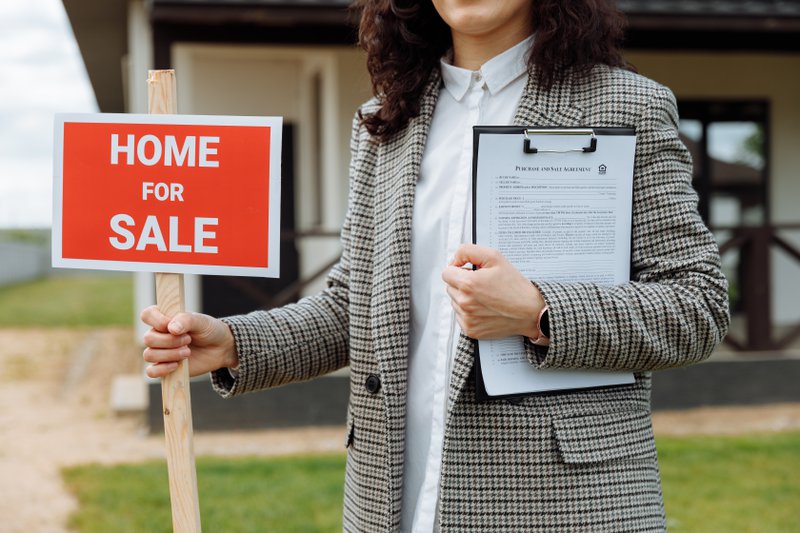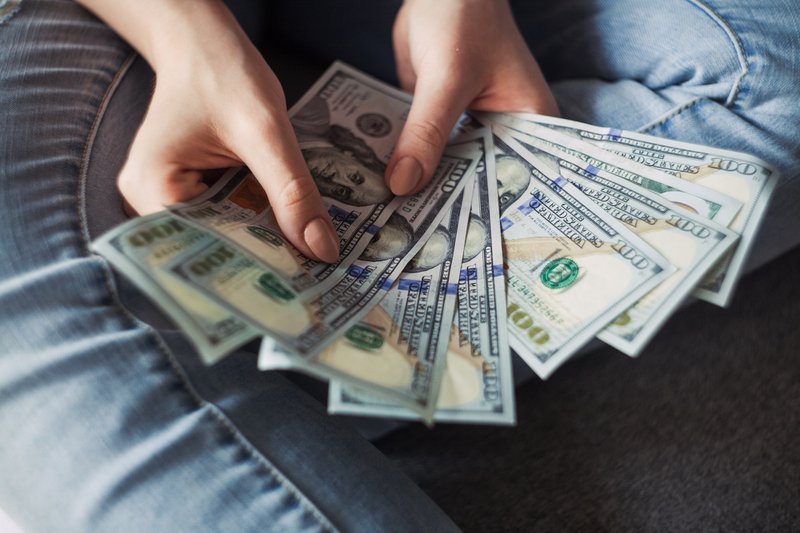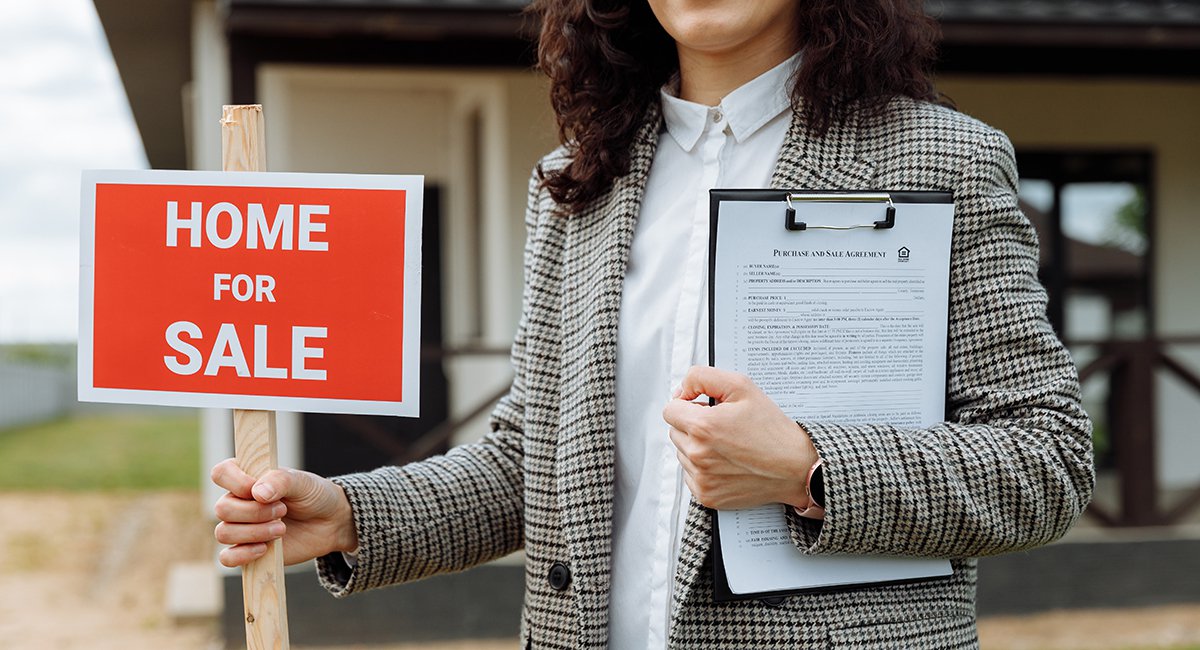For real estate investors, buying distressed properties can be highly lucrative. However, you’ll likely face competition if you’re trying to secure an apparent bargain with a substantial estimated after repair value (ARV). To be a successful investor, you need to learn how to close deals on distressed properties in a matter of days, which can prove challenging if you don’t have hundreds of thousands of dollars in cash or the right resources or connections on your side.
Fortunately, you can purchase distressed properties quickly, even if you’re just starting as an investor, as Omid Akale with Twin Cities Portfolio Group explains.
How to Borrow Money Quickly
It’s true that cash deals are often more attractive to sellers of distressed properties, especially if obtaining money rapidly is a priority due to debt problems. If a bank approves a mortgage or loan to pay for the distressed property, you might have to wait 30 to 45 days for the finances to be able to close. That’s plenty of time for another buyer to snap up the deal.
You can access funding faster by borrowing from private lenders. Because private lenders generally charge higher interest rates than banks, you should still get a bank loan to pay for the property. First, get the cash you need to close the deal quickly from a private lender, then refinance with your bank loan to pay off the private lender and get a lower interest rate.
Be aware that in most cases, you can’t obtain an F.H.A. loan for a distressed property.

How to Negotiate the Price Down
Being able to buy a distressed property within a few days gives you an advantage at the negotiating table. Many sellers would rather take cash quickly than wait for months for any money to arrive (particularly since the longer a transaction takes, the more things can potentially go wrong). Generally, you should try to avoid paying more than 70% of a distressed property’s ARV.
What You’ll Need
It’s a good idea to obtain a Master Loan Commitment from a credit union or bank before approaching lenders. This document guarantees the bank will provide you with the agreed loan, which proves to private lenders that you can pay the money back.
You will need some cash on hand for buying distressed properties. Usually, down payments cost between 20 and 30 percent of the property’s sale price.

Where to Find Lenders
Networking is key to finding reliable and reputable lenders. Local meetups, clubs, and groups help build your network. You’ll find lenders and other resourceful industry pros at get-togethers centered on real estate.





